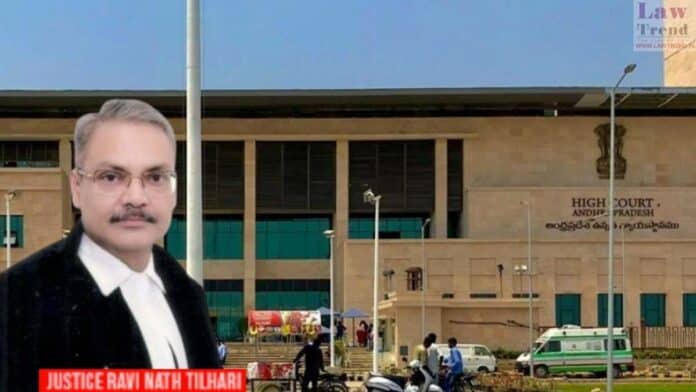In a significant ruling, the Andhra Pradesh High Court, comprising Justice Ravi Nath Tilhari and Justice Challa Gunaranjan, has dismissed Writ Petition No. 14098 of 2022 filed by Madicharla Lakshmi, holding that an order is deemed communicated once it is dispatched through registered post, irrespective of actual receipt. Background of the Case The case originates
To Read More Please Subscribe to VIP Membership for Unlimited Access to All the Articles, Download Available Copies of Judgments/Order, Acess to Central/State Bare Acts, Advertisement Free Content, Access to More than 4000 Legal Drafts( Readymade Editable Formats of Suits, Petitions, Writs, Legal Notices, Divorce Petitions, 138 Notices, Bail Applications etc.) in Hindi and English.




